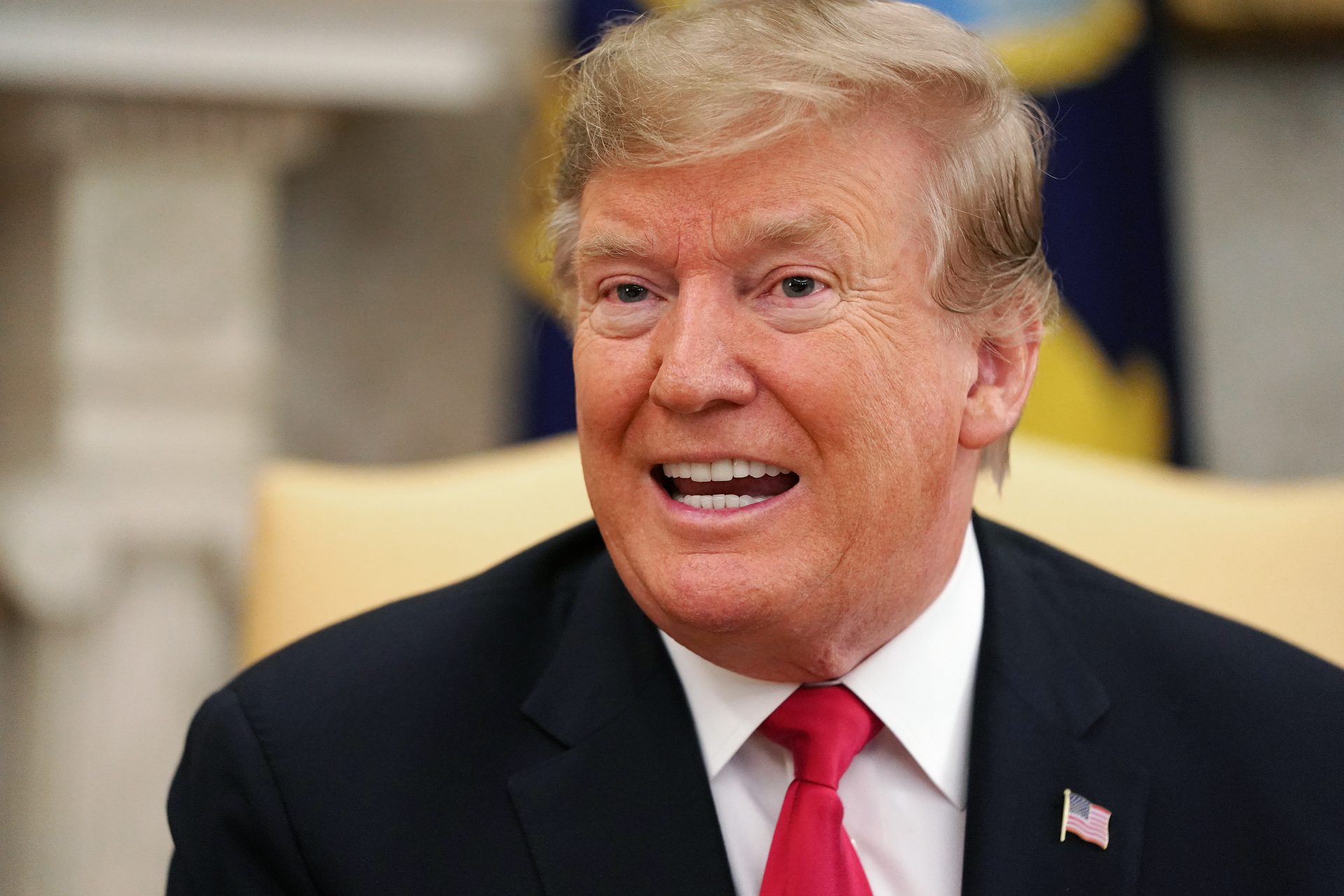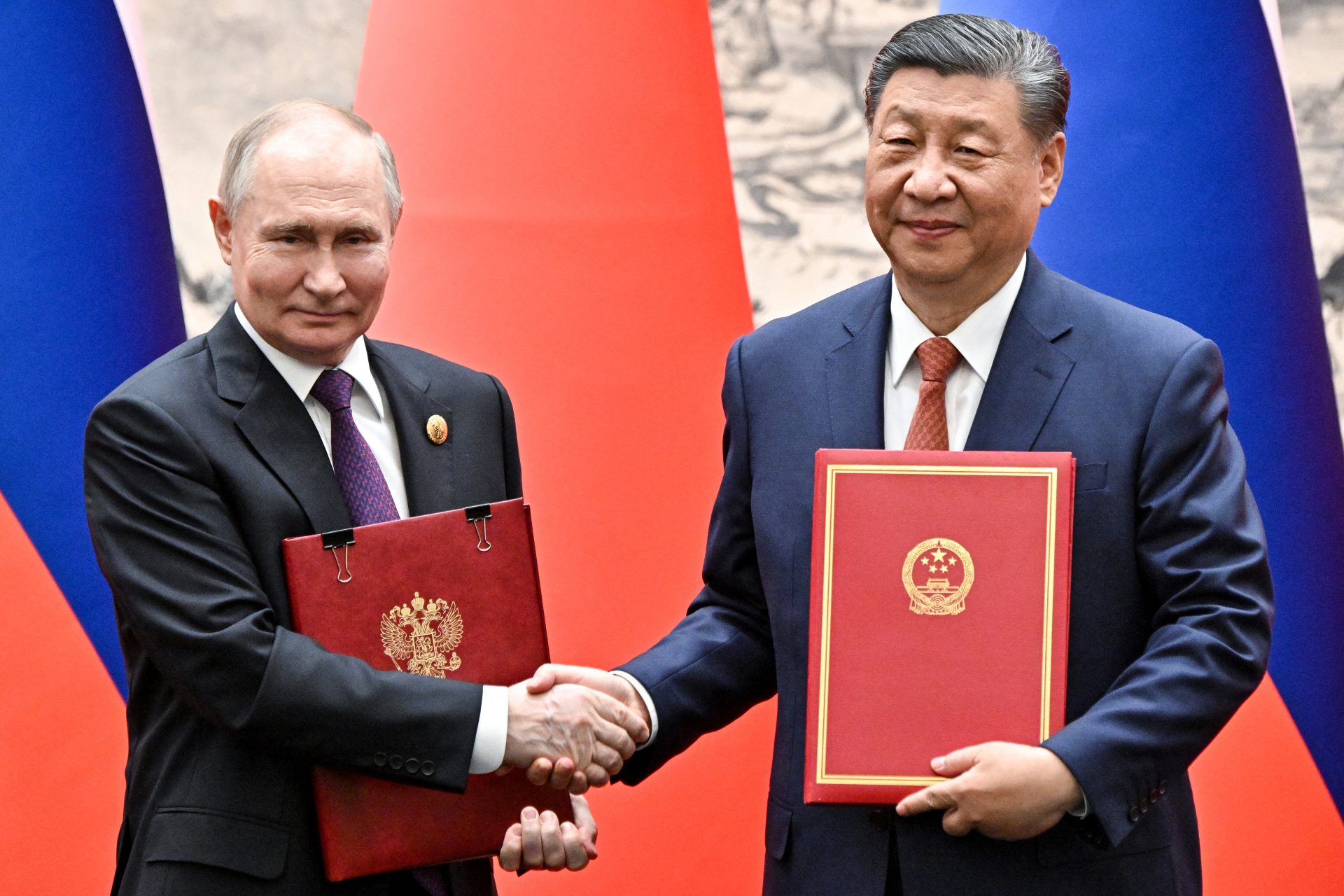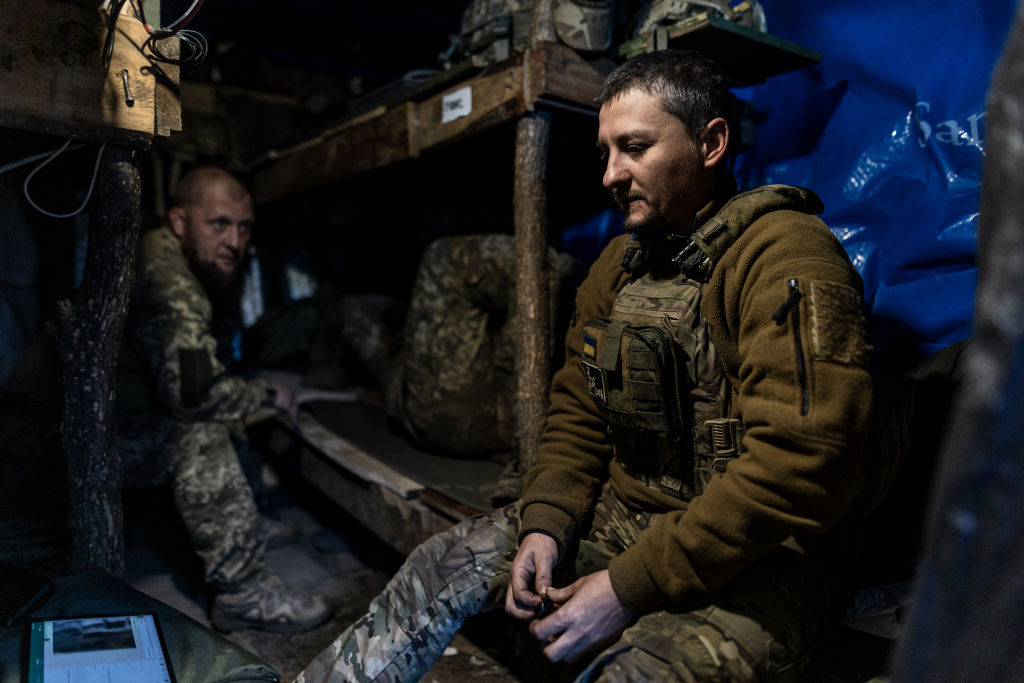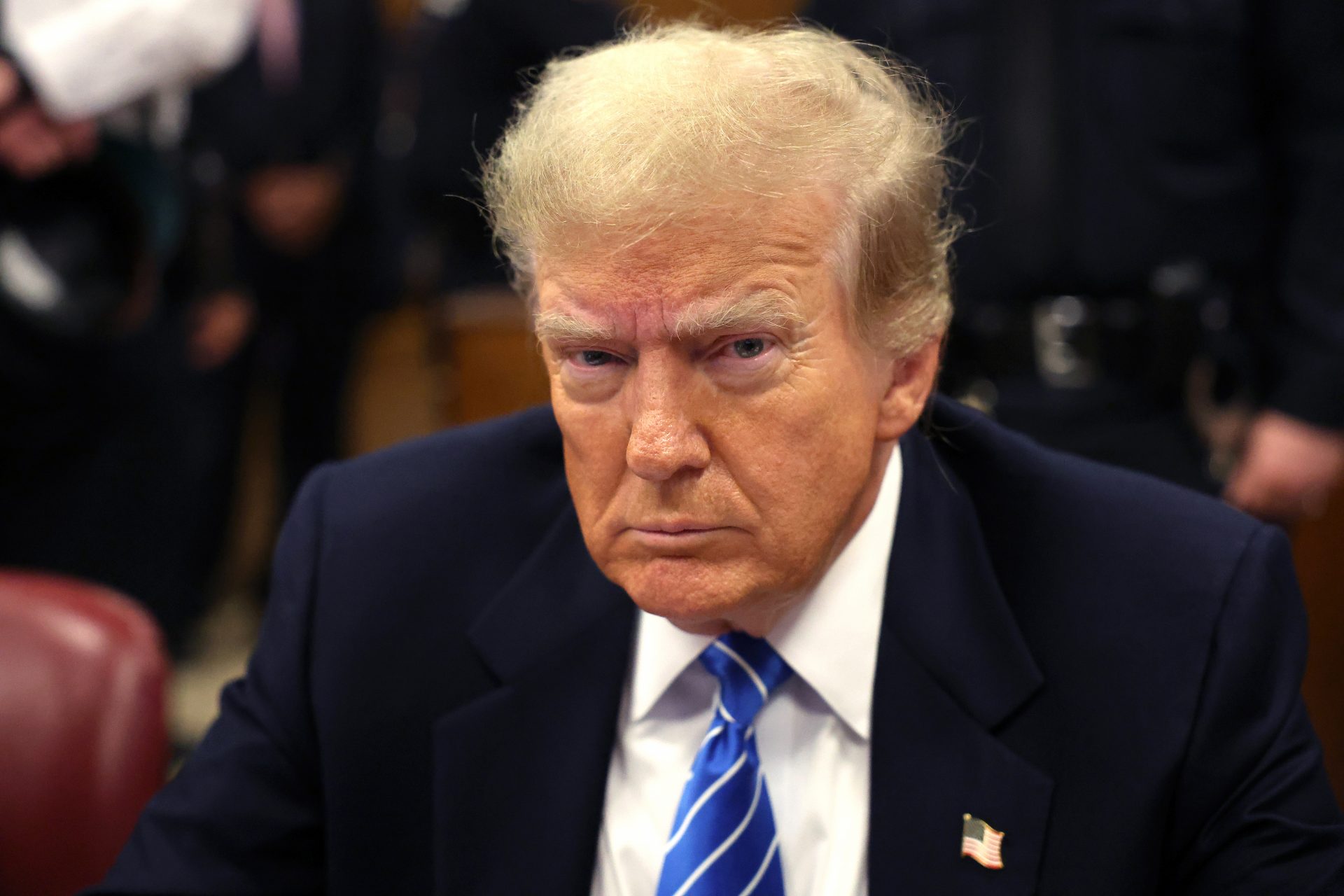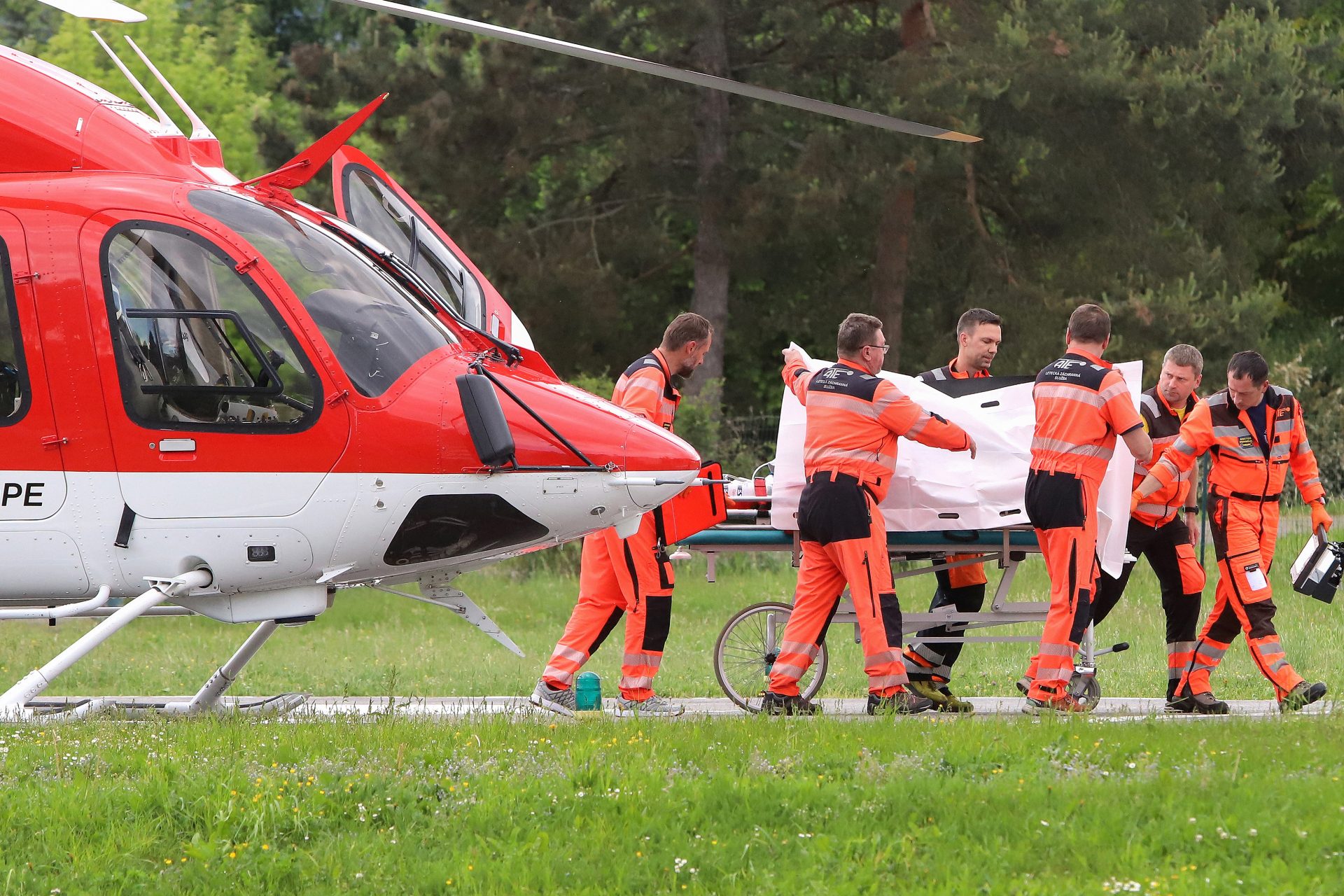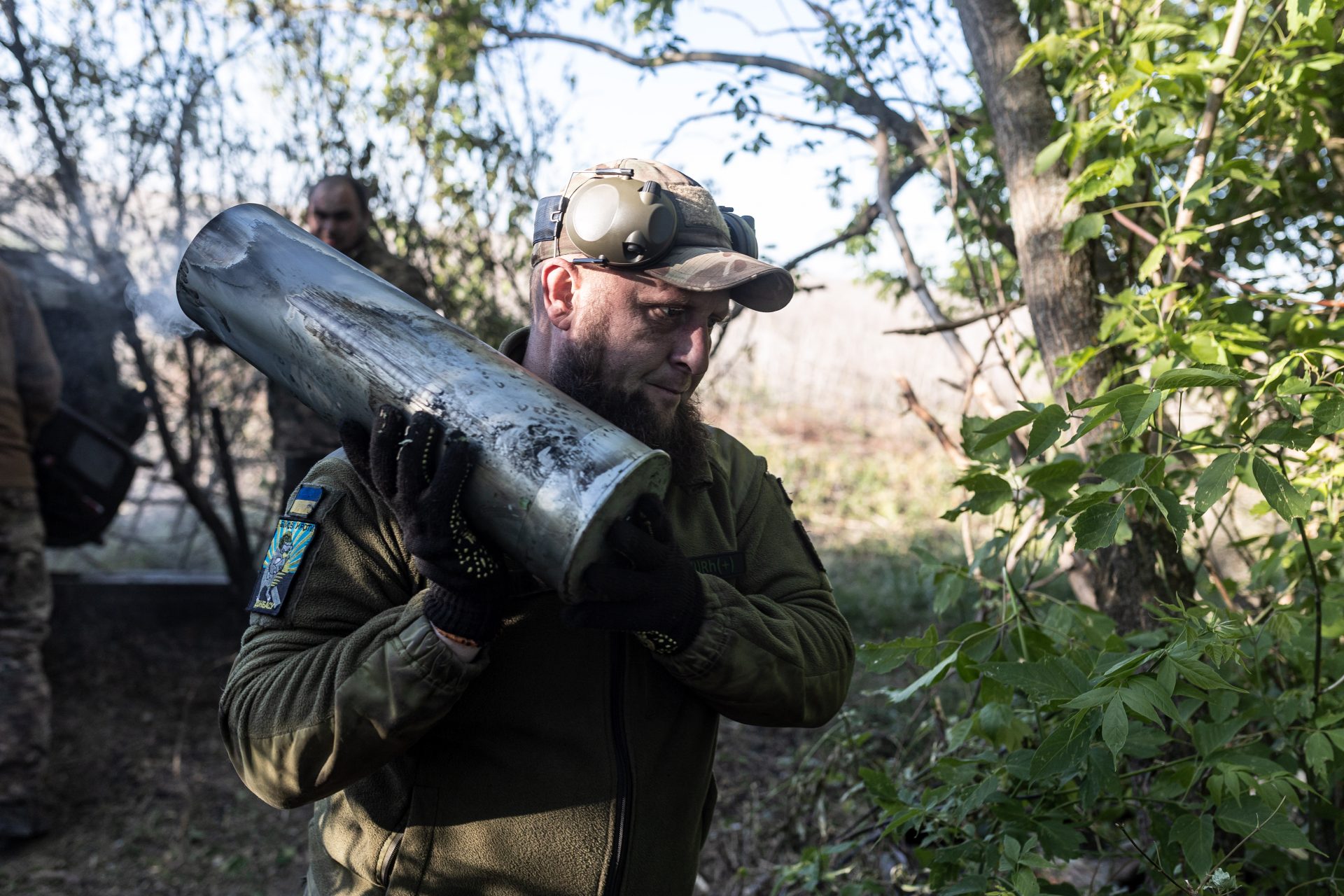The new, unnamed variant that worries scientists
It is still being studied and hasn't even been named, but South African scientists confirm that they have detected a new variant of COVID-19 with very disturbing characteristics. The problem with this variation is that, according to the experts, it's an explosive cocktail of mutations.
A detailed analysis of this variant, provisionally called C.1.2, has yet to be made. However, the National Institute of Communicable Diseases in South Africa believes that it may be more contagious than the variants we've seen so far. In addition, the mutation is better able to circumvent antibodies and evade (partially) the defence that vaccines provide.
Scientists have been most surprised by the number of differences between this variant and the original COVID-19, making them very far removed from each other. It's because of these differences that the unnamed variant is more efficient when it comes to spreading and establishing itself in the body.
The new variant emerged in South Africa but has already jumped to countries such as Portugal, Switzerland, the United Kingdom, and New Zealand. International travel, which picked up after vaccination rates increased in several countries, has been an important expansion factor for the variant.
So far, the World Health Organization has not yet declared this new variant as a 'mutation of interest' or a 'concerning' new kind of COVID-19. More research in various laboratories is still needed before it can give its definite evaluation.
Another issue that remains to be investigated is the extent to which new variants can build strength when there's already other dominant variants around. This seems to be the case with the delta variant, a mutation that has come to dominate in many countries, and which may be preventing other variants from gaining ground. But that's only a theory so far.
In any case, the problem is that, without a spread of immunization throughout the world (including poor countries), new variants will inevitably emerge. As long as the virus can circulate, it will learn and mutate.
In fact, one of the worrying characteristics of this new variant is that it allegedly has the ability to rapidly mutate and adapt itself to circumvent human defences.
Richard Lessells, one of the researchers who discovered this variant, told Euronews that "this pandemic is far from over and this virus is still exploring ways to potentially improve by infecting us."
At the same time, though, the National Institute for Communicable Diseases in South Africa, where the variant was discovered, says that the public need not panic because "vaccines will continue to offer high levels of protection against hospitalization and death."
So, as always, the experts insist on continuing to exercise caution, avoiding crowds and, above all, making sure the vaccination is spread throughout the entire planet.
Of course, there is now a moral dilemma: wealthy countries are considering the application of a third dose of the vaccine to strengthen the defences. At the same time, poor countries still have low numbers of the first vaccination. For that reason, the WHO is in favor of using the available vaccines to immunize poor countries. If the pandemic is not stopped globally, the organization argues, the vaccination campaigns are worthless.
The key of this argument is that, while getting vaccination may not prevent contagion, it will turn COVID-19 into a mild ailment over time.
Variants such as the delta have shown that the new threat is not so much a very high number of deaths, but instead it's the risk that so many patients will require hospitalization that hospitals collapse.
And then there is the question of the longed-for "group immunity." With viruses so contagious, experts have ruled out that a 70% vaccination rate is enough to achieve said immunity in a population. They say that 90% of the population would be better.
They keep coming back to the same argument - that vaccination is the only possible solution. Apart from that, scientists are investigating ways to cure those infected by COVID-19, especially by preventing pneumonia from attacking the infected. There will be a lot left to learn in this pandemic.
Read more: Restrictions for those who are not vaccinated: oppression or common good?
More for you
Top Stories




















